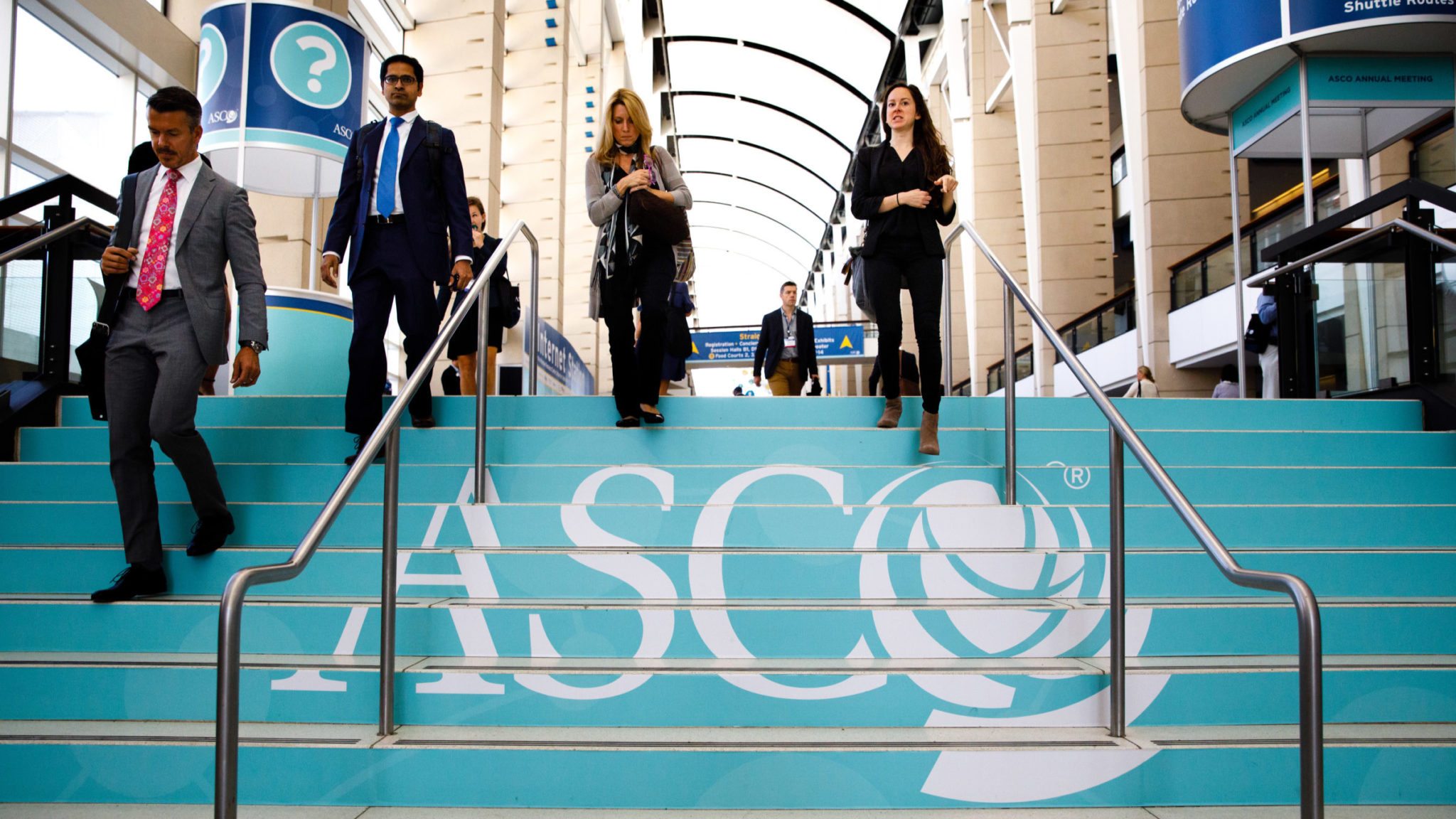
Brad Loncar's ASCO18 preview: Past ASCOs point to the top drugs that will soon elbow for the Oscars of cancer R&D
Biotech Voices is a collection of exclusive opinion editorials from some of the leading voices in biopharma on the biggest industry questions today.
To prepare for the future, it helps to look back on what has happened in the past. ASCO is a great benchmark for doing that …
Sign up to read this article for free.
Get free access to a limited number of articles, plus choose newsletters to get straight to your inbox.